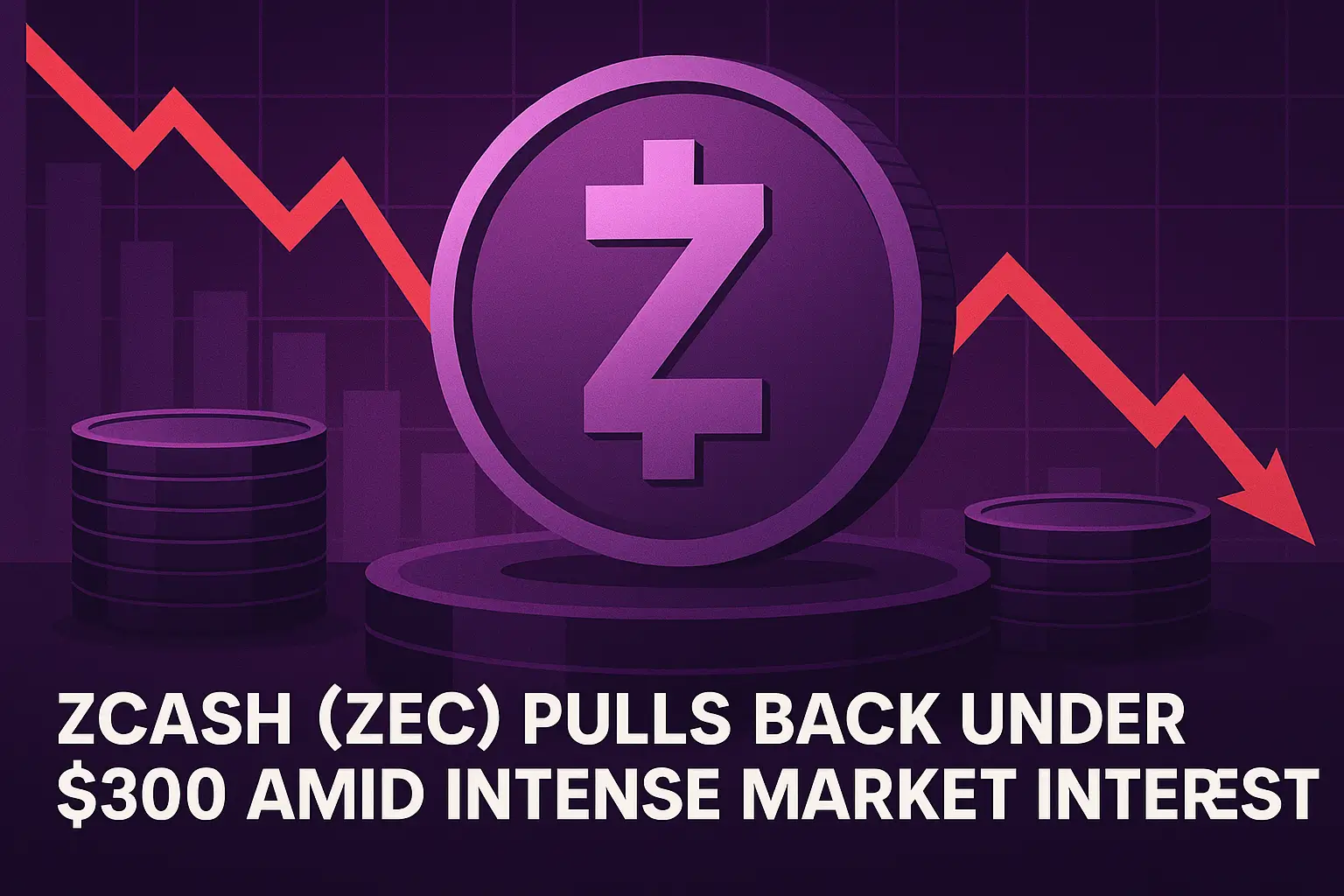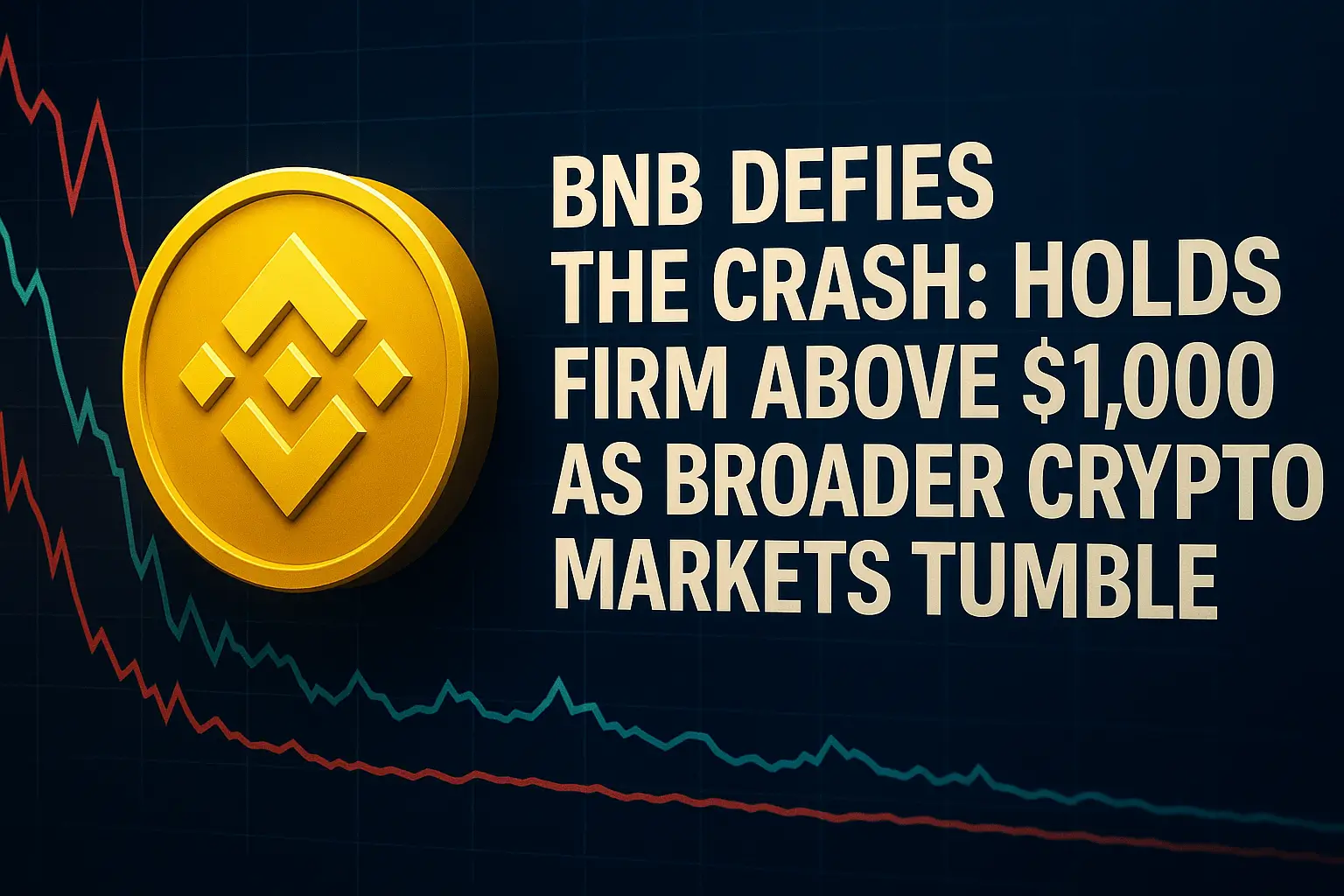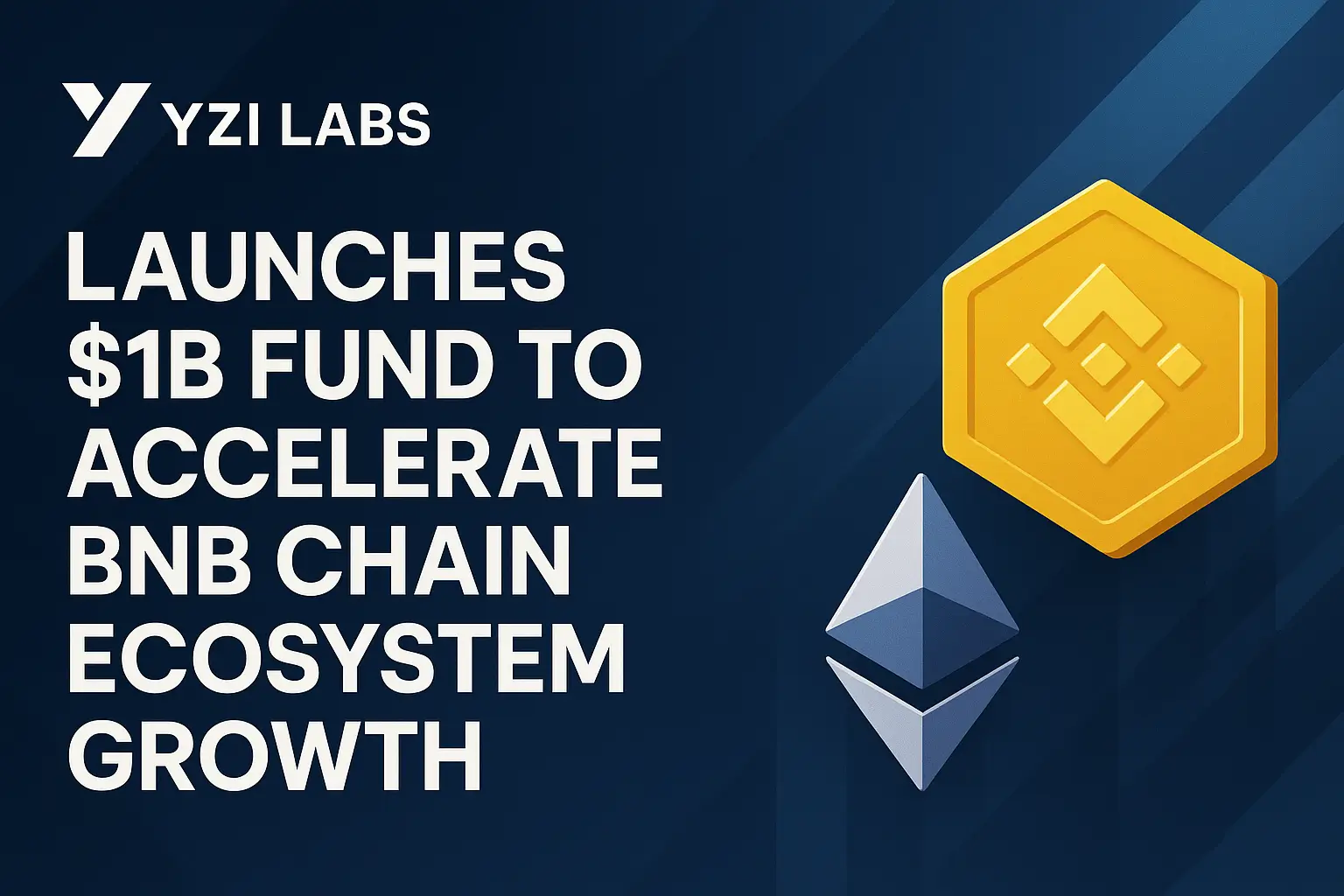Japan’s three largest banks are preparing to jointly issue a yen-pegged stablecoin by the of 2025, aiming to modernize corporate payments and strengthen domestic digital-currency infrastructure.
Key Takeaways:
- Mitsubishi UFJ Financial Group (MUFG), Sumitomo Mitsui Financial Group (SMFG) and Mizuho Financial Group plan a joint issuance of a yen-pegged stablecoin leveraging MUFG’s “Progmat” platform.
- The token is targeted to launch by the end of this year, and could later expand to include a U.S. dollar-pegged version.
- This initiative aims to reduce friction in intrabank and inter-company transactions among the banks’ ~300,000 corporate clients, improving speed, cost, and settlement efficiency.
Japan is on the verge of a major financial transformation as its three biggest banks: MUFG, SMFG, and Mizuho, are preparing to launch a yen-pegged stablecoin by the end of 2025. According to reports from the Nikkei business daily, the move is part of a joint effort to create a unified digital settlement infrastructure for Japan’s banking sector.
The project will operate on MUFG’s Progmat Coin platform, introduced in 2023, which supports bank-issued tokens on public blockchains such as Ethereum, Polygon, Avalanche, and Cosmos. The new token will be fully backed by yen deposits, in compliance with Japan’s revised stablecoin laws enacted in 2023.
This partnership aims to make inter-bank transfers and corporate payments easier and more convenient, which allows companies under these banking groupsm, collectively serving more than 300,000 clients, to instantly and securely transact across digital platforms.
Regulatory Green Light Boosts Stablecoin Confidence
Japan’s updated regulatory framework for stablecoins, implemented in June 2023, paved the way for this development. The law allows only licensed banks, trust companies, and registered money-transfer businesses to issue fiat-backed tokens, ensuring strong consumer protection and liquidity guarantees.
Financial regulators hope this framework will reduce reliance on unregulated digital assets and provide corporations with a compliant means of accessing blockchain-based payments. Meanwhile, a project summary highlighted how this initiative works:
The basic architecture involves financial institutions depositing an equivalent amount of fiat currency in a trust bank, ensuring bankruptcy-remote backing for issued tokens.
Institutional Adoption Gains Momentum
Analysts at Brave New Coin described the initiative as a “standardization move” that will cut transaction costs and accelerate corporate payments. For the participating banks, the stablecoin will serve as a backbone for domestic and potentially international settlements.
The project also represents a major step forward for Japan’s DeFi and blockchain ecosystem, as it integrates traditional banks into tokenized payment systems an area previously dominated by startups and crypto exchanges.
As MUFG expands the Progmat ecosystem, the bank has already been in talks with financial institutions abroad to explore interoperability for cross-border settlements, which could eventually make the yen-stablecoin usable beyond Japan.
What’s Next for Japan’s Stablecoin Ecosystem
This partnership is eyeing on the finalization of technical development by late Q3 2025, after which it plans to begin pilot testing with select corporate clients, including Mitsubishi Corporation. Observers will be watching for official announcements detailing the token’s name, blockchain specifications, and the structure of its reserve and redemption mechanism. Early integrations with enterprise payment networks and crypto wallets are also expected to follow, which could set the stage for broader adoption among Japan’s corporate sector. If the initiative proves successful, it may provide a global blueprint for regulated bank-issued stablecoins and encourage other financial institutions across Asia and beyond to explore similar projects.
Summary
Japan’s MUFG, SMFG, and Mizuho are preparing a yen-pegged stablecoin via MUFG’s Progmat, aiming for a 2025 launch to streamline corporate payments and settlement. Backed by yen deposits under Japan’s 2023 rules, the initiative targets standardization and potential cross-border interoperability.

























